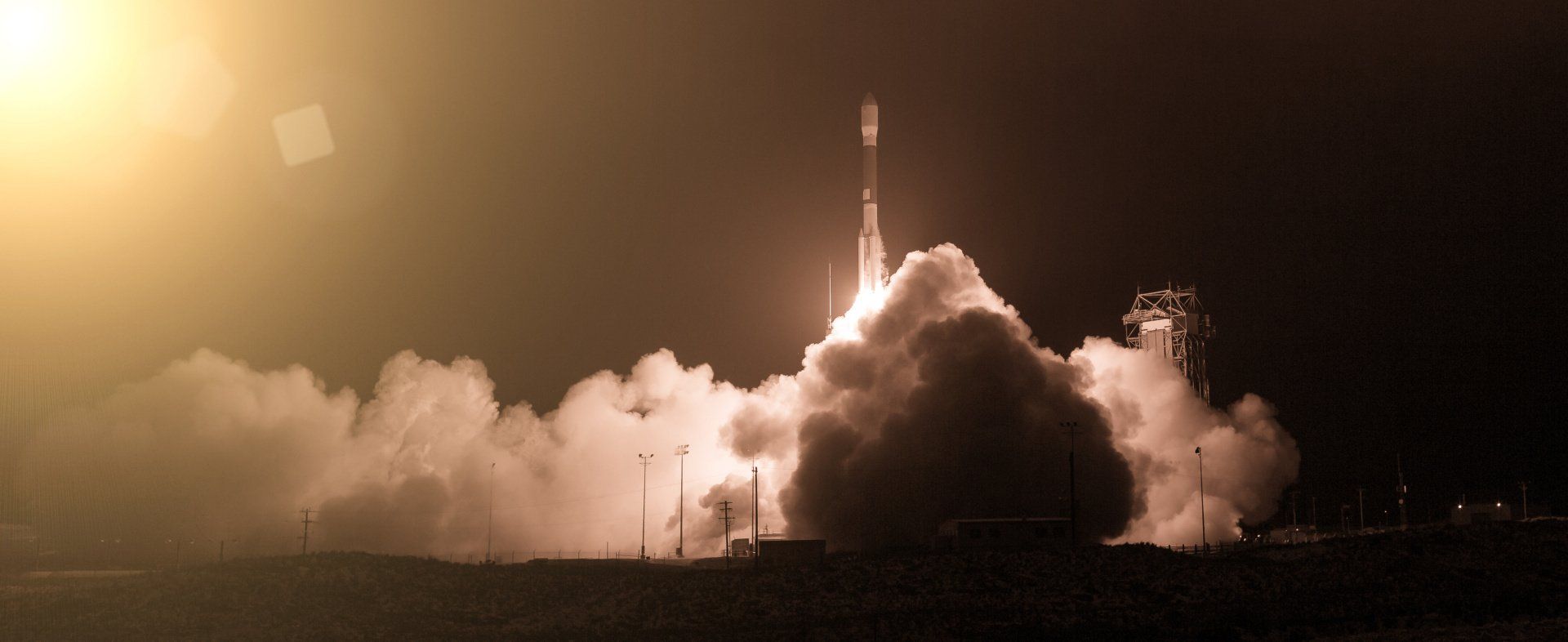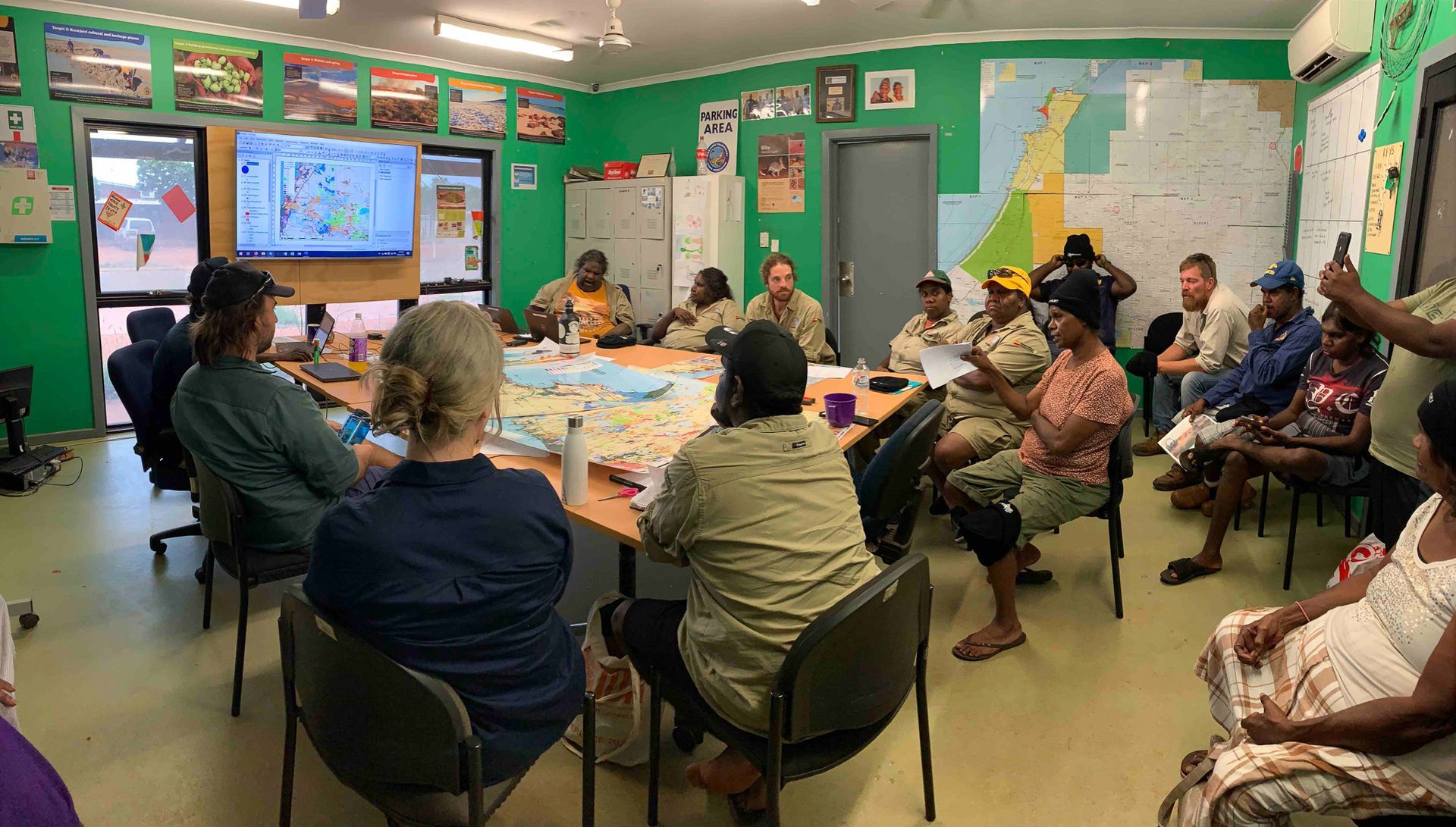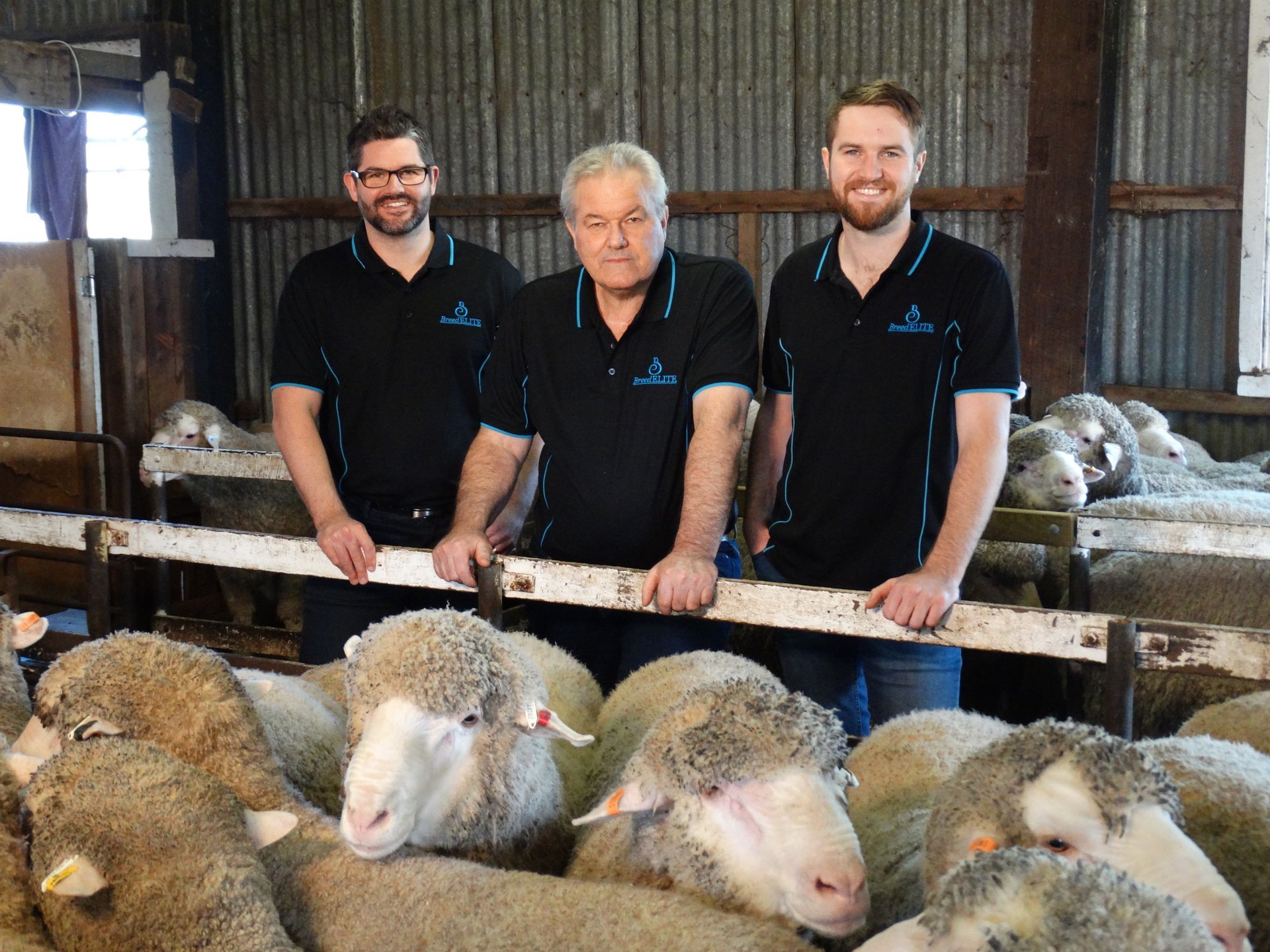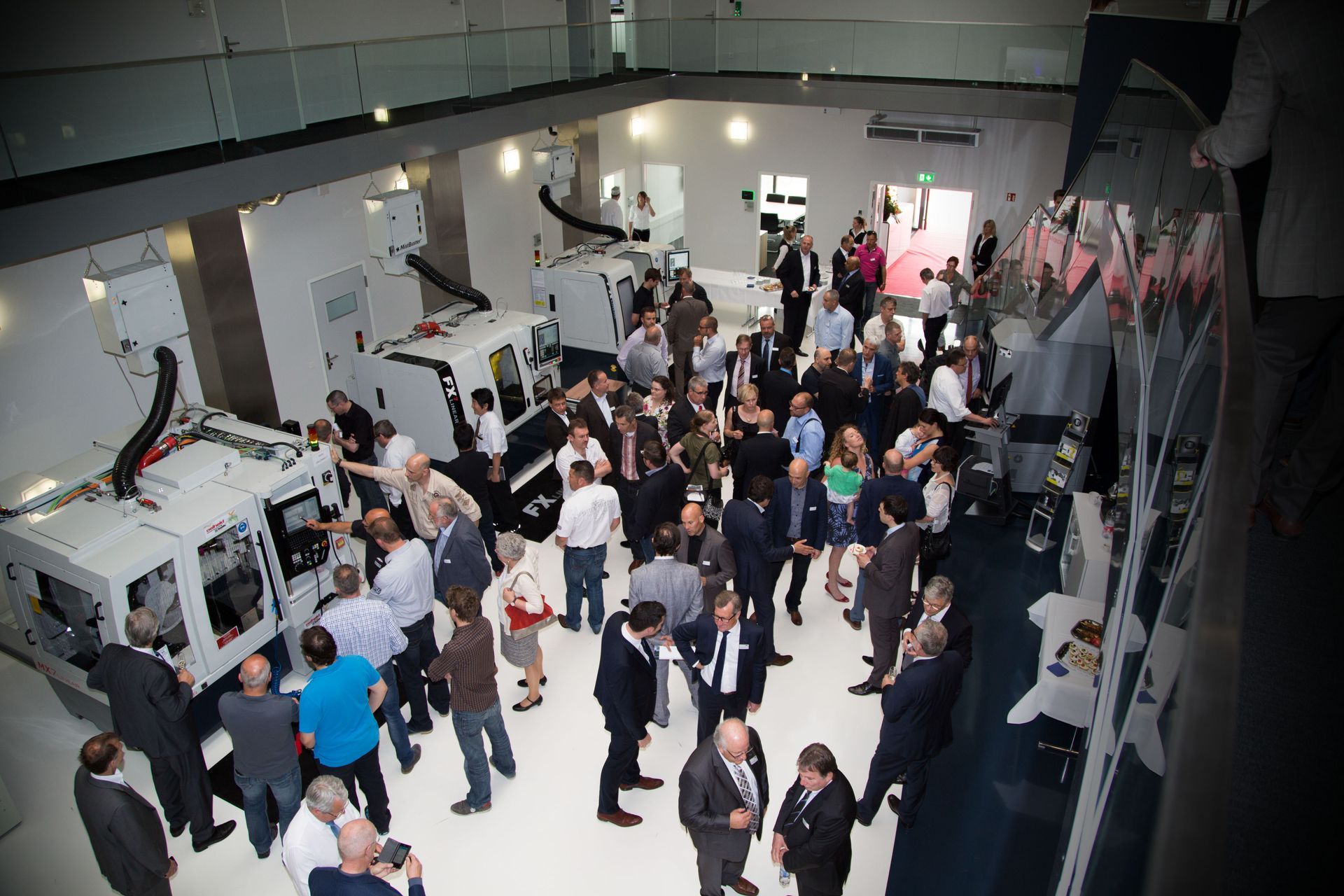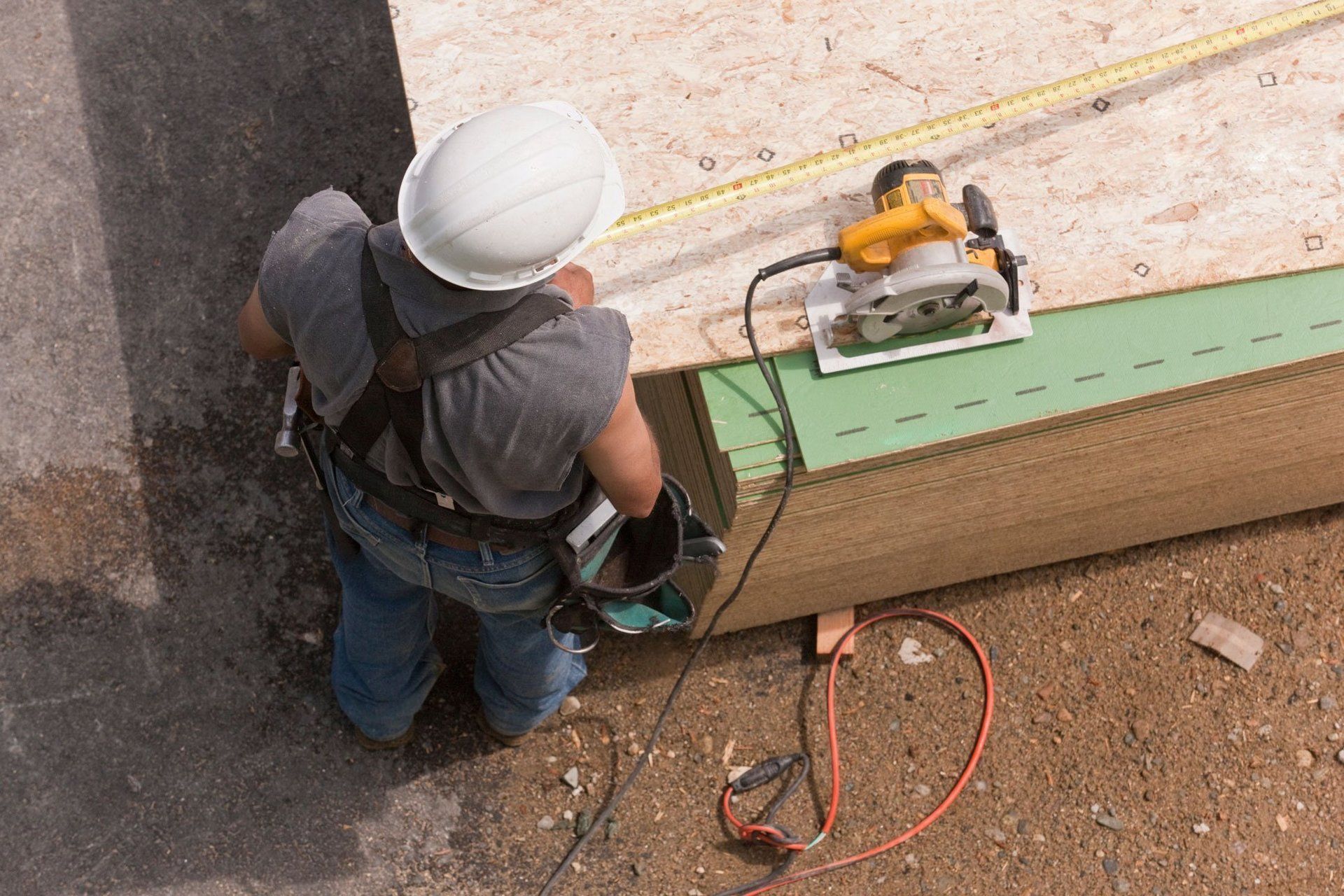Backing Australia’s VC-funded space companies
For Australia to become a player of note in the new space revolution, key bodies need to inject funds where they’re needed most: the local space companies that are close to commercialisation.
A venture capital (VC) investor I once met described a startup as the functional unit of innovation, and remarked that the best among them would go on to (re)define the future of their industries.
Governments are more prosaic. They recognise that startups that survive will become small and medium-sized enterprises (SMEs) – the lifeblood of any economy. But they will often leave their fates to market forces and the VC community.
As we reexamine innovation in Australia, it is important to know that today’s new space revolution has the potential to change the way we live on Earth as well as in space, and that it is being led by innovative, VC-backed space companies.
Globally, over US$20bn has been invested into new space companies in the last decade, $6bn in 2019 alone. Some of the biggest names in space – SpaceX (the world’s most successful rocket company), Planet Labs (the largest commercial operator of satellites by number), and many of the world’s most promising small satellite and small launch vehicle providers – are VC-backed companies. Australia, too, is attracting its share of global investment, with at least three space companies now securing two rounds of VC funding. (Statistically, less than three per cent of startups make it to this round.)
In the last four years, Australia’s VC-backed space companies have secured new global customers, booked revenues in-country, grown sovereign space capabilities where none existed before, and created hundreds of new jobs for the future.
These companies are becoming the champions of Australia’s space industry, both domestically and abroad. They are providing long-term jobs for our STEM graduates; educating and training "the next 500" space engineers, who will go on to train the "next 5,000"; building sovereign capabilities and supply chains that will provide revenues and jobs for hundreds more companies; bridging the gap between innovation/R&D and commercialisation; and enabling Australia’s space industry to produce components locally, for export globally.
Private sector has led the way
Despite VCs playing a critical role in finding and financing startups with significant commercial potential, the growth of any new industry needs to sit within a well-defined and effective government strategy.
To date, very little funding has been available to the industry, and in particular to Australian space companies. Most of our Space Agency funds over the last two years have gone into setting up operations, maintaining/upgrading existing space infrastructure, funding university or research-led projects, and inspiring STEM across the country.
While much of that has been understandable, these are not the type of investments that will achieve the government’s target of $12 billion in space revenues and 20,000 additional space jobs by 2030.
It appears now that the Space Agency is pursuing a strategy for broader participation in their Moon-Mars Supply Chain Capability Improvement program. We do not believe that this dilutive approach will be effective in growing companies that will become the champions of our industry.
Tipping point
Rather than getting more Australians involved in space and giving out short-term monies for ad-hoc projects, a better way to grow the space supply chain would be to enable Australia’s maturing space companies to compete for more significant government and agency contracts – for example, to build a space-capable communications satellite and launch it from an Australian launch vehicle.
In doing so, the agency would be injecting funds where they are needed most, further down the innovation funnel, and helping to raise the technology readiness levels of Australian space companies that are close to commercialisation.
For VC-backed companies, every $1 million received from a government grant or contract can be further leveraged into $5 million in VC capital, creating five times more jobs and impact on the supply chain. Remember, these are the companies that aim to be disruptive, and have been "pre-qualified" by VCs with a track record of success.
We believe that with the right support from our government and Space Agency to grow the champions of our industry, Australia need not ‘settle’ for being a small player in someone else’s supply chain. We can build our own.
Adam Gilmour is the CEO and Founder of Gilmour Space Technologies, a venture-funded rocket company based in Queensland that is developing a new breed of hybrid launch vehicles for small satellite/payload customers.
This article is taken from the recently published digital book
Australia's Nobel Laureates Vol III State of our Innovation Nation: 2021 and Beyond

